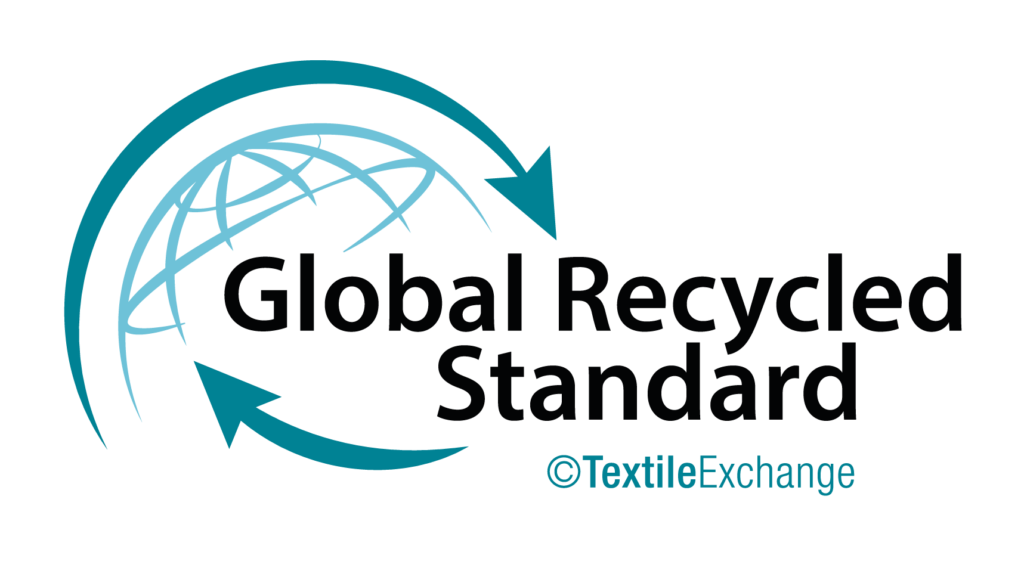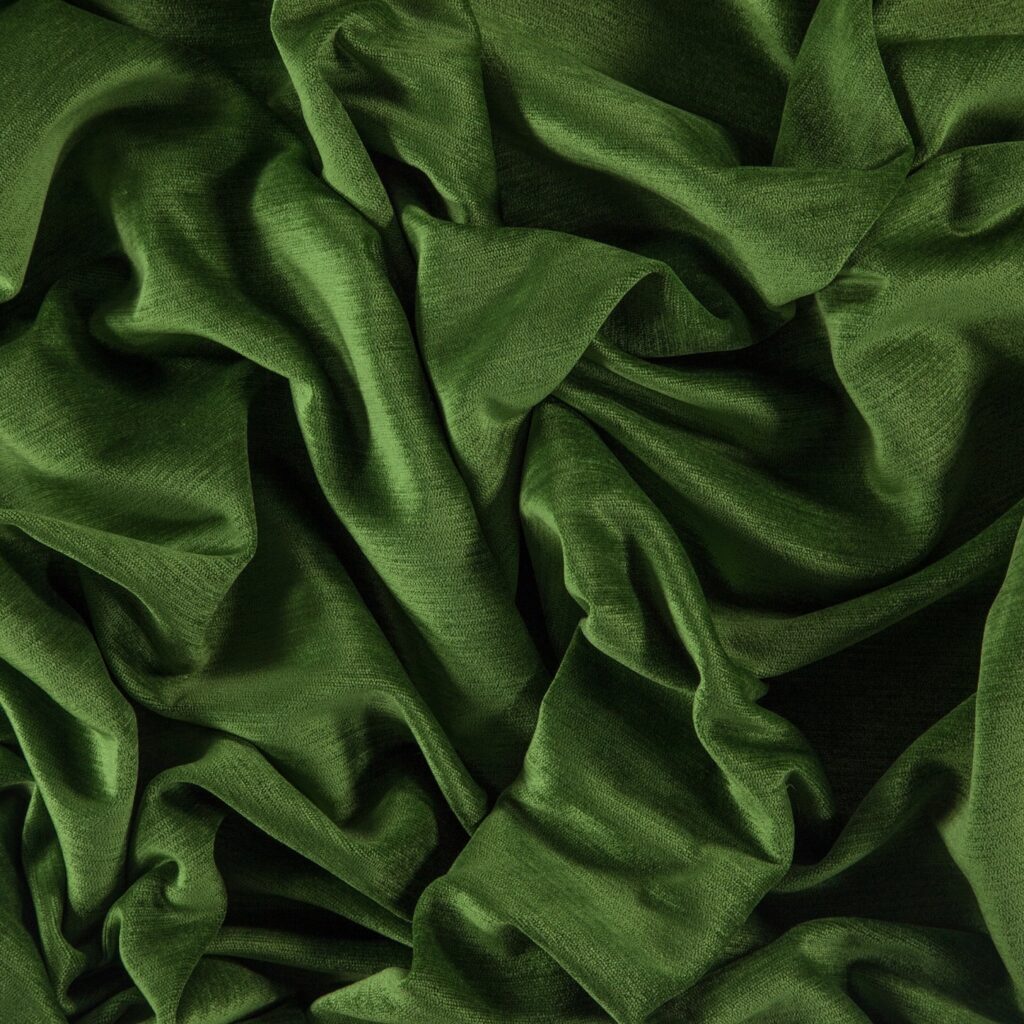Introducing the Global Recycled Standard
We’re excited to reveal that many of our new collections feature easy clean fabrics containing polyester certified under the Global Recycled Standard.
But what is that, exactly?
The Global Recycled Standard: a step in the right direction
The Global Recycled Standard (the GRS) stipulates that a product must have 20% recycled content before it can be certified as a business-to-business tool. If a company wants to list the GRS on their consumer-facing labelling, the product must contain at least 50% recycled content.
This is a transparent way of proving to our customers that any claims made about the recycled content of our fabrics are true and can be easily checked.
The Global Recycled Standard (GRS) is a full product standard to verify and track recycled raw materials through the supply chain. It also includes processing criteria to prevent the use of potentially hazardous chemicals, and verifies positive social or environmental production at the facilities. The GRS uses the chain of custody requirements of the Content Claim Standard (CCS). – Textile Exchange
It’s a standard that can apply to all parts of the fabric manufacturing process, from spinning and weaving to knitting, including dyeing, printing and stitching in more than 50 countries.
It goes further than the finished products, in establishing criteria for social and environmental principles in processing GRS certified products.

From the full supply chain to the final product
On top of encouraging the use of recycled content in products, the GRS includes additional criteria for social and environmental processing requirements and chemical restrictions. Here are the goals of the GRS as set out by the Textile Exchange:
- Alignment of recycled definitions across multiple applications.
- Verify recycled content in products
- Provide consumers (both brands and end consumers) with a tool to make informed decisions.
- Reduce harmful impact of production to people and the environment.
- Provide assurance that products are processed more sustainably.
- Drive higher percentages of recycled content in products.
We are proud to be part of this journey.
Key facts in this eco-labelling ecosystem
"Ecolabelling" is a voluntary method of environmental performance certification and labelling that is practised around the world.

This means that the entire chain of certification is voluntary.
This process is annual, so every year our easy clean fabrics are assessed according for their production, trading and manufacture possesses to ensure that recycled content of our fabrics is authentic.
It also ensures that everything is as up to date as possible.
In fact, everyone involved in the production of our stain resistant fabrics must ensure that they are also certified by an independent certification body, from the very beginning of production to the very end.
Only then can each of these parts of the process be tagged with a unique ‘Transaction Certificate.'
This authenticates every individual batch of fabric.
The GRS stipulates that a product must have 20% recycled content before it can be certified as a business-to-business tool. If a company wants to list the GRS on their consumer-facing labelling, the product must contain at least 50% recycled content.
Ultimately it verifies that the recycled content claims are genuine and that each batch of fabric is fully traceable back to its origin, in an end-to-end cycle of traceability and transparency.
It goes further than the finished products, in establishing criteria for social and environmental principles in processing GRS certified products.
High quality fabrics with clean values to match
The end-to-end traceability and transparency offered by GRS is such an important step in taking responsible design further. Certifications like these are a natural fit for FibreGuard fabrics and even align with our core values as a company.
They weave into our quality management goals, which concern all areas related to Quality, Environment, Safety and Health (QESH).
This QESH system is critical to the enhanced satisfaction of our customers, our efficiency and effectiveness as an organisation, and the support of the environment, our health and our wellbeing. Read about our QESH policy here on our site!
Read more about our journey to a more sustainable textiles industry
Read more about the different ways we're tackling these issues as a company on our blog: look for the 'eco' label.
Ready to join the conversation?
We are dedicated to enacting real, meaningful change in the textiles industry worldwide, from collection design all the way to the finished fabrics. Join the conversation and learn more about responsible design, eco-labelling, the Global Recycled Standard and our Stain Free Technology.
